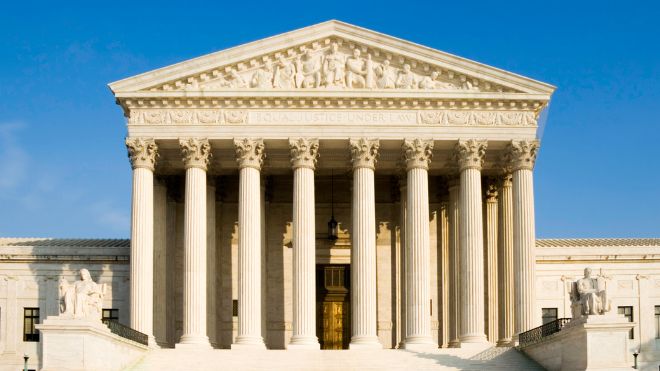Justices side with immigrant in key case on voluntary departure timing
The U.S. Supreme Court has ruled that immigration deadlines for voluntary departure must be extended when they fall on weekends or legal holidays. The decision, issued April 22, 2025, in Monsalvo Velázquez v. Bondi, resolves a circuit split and affects how courts calculate critical deadlines in removal proceedings.

At the heart of the case was a simple but consequential question: What happens when a 60-day voluntary departure period ends on a weekend?
Background of the case
Hugo Monsalvo Velázquez, a longtime Colorado resident originally from Mexico, received permission to leave the U.S. voluntarily after losing his immigration appeal. The court gave him 60 days to depart. That period ended on a Saturday.
Monsalvo filed a motion to reopen his case the following Monday. The Board of Immigration Appeals (BIA), however, rejected the motion. It ruled that his deadline had expired on Saturday—even though courts and agencies were closed.
The Tenth Circuit agreed with the BIA. Monsalvo took the case to the Supreme Court.
What the Court decided
The Court reversed the lower ruling. In a majority opinion written by Justice Neil Gorsuch, the justices said the law should align with standard legal rules. If a deadline falls on a weekend or legal holiday, it must roll over to the next business day.
This approach, the Court said, reflects how federal courts and agencies typically treat deadlines in other parts of immigration law. Congress, they added, likely intended the same rule to apply here.
“When Congress adopts a new law against the backdrop of a longstanding administrative construction,” the Court wrote, “the new provision usually works in harmony with what came before.”
Why it matters
The decision provides clarity for immigration judges, attorneys, and noncitizens. Now, those granted voluntary departure will get the full 60 days, even if their deadline falls on a non-business day.
The ruling also helps protect individuals from losing the chance to reopen their case due to timing technicalities. In many cases, it may mean the difference between legal departure and a 10-year reentry ban.

